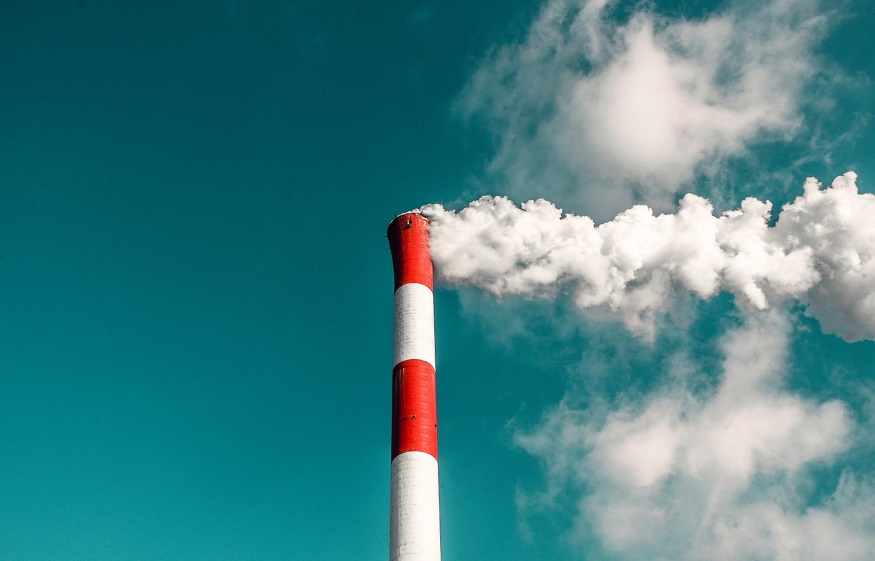There are many quiz questions about different types of pollution that affect the environment in different ways. Some pollution is visible, like smoke or trash that can be picked up and disposed of.
However, other forms of pollution are not always visible, but are just as damaging to the environment. These include greenhouse gas emissions. Pollution affects all other living things on the planet and humans as well. For example, it makes it difficult for people to breathe clearly because of smog or other toxins in the air.
Since pollution has a huge impact on the Earth and its inhabitants, it is a topic that people should learn more about.
Pollution can destroy our environment
Pollution is a serious problem that has been around since the Industrial Revolution.
The term pollution refers to the contamination of air, water or soil from man-made substances, whether from industrial emissions, chemical runoff from farms or buildings, or trash thrown away by careless humans. Pollution can also come in the form of noise, light and radiation.
Pollution threatens our health and the environment. It’s important to take steps to limit pollution, whether at home or at work.
Here are some common forms of pollution:
Air pollution is caused by gases, chemicals and particulate matter released into the air. These pollutants can be carried by wind or water to other areas, where they contaminate soil and water resources. Air pollutants include sulfur dioxide, carbon monoxide and nitrogen oxides, which can be produced by power plants, factories and automobiles; volatile organic compounds (VOCs), which are produced by paints, varnishes and other solvents; dust; herbicides; pesticides; lead; asbestos; radioactive material; smoke; sooty particles called aerosols; and microorganisms such as viruses and bacteria.
Water pollution
Water pollution occurs when human beings dump too many chemicals, trash or other harmful substances into lakes, rivers or oceans. This may occur when agricultural fields overflow with chemicals, industrial plants dump their waste products into nearby rivers, or sewage systems overflow during storm events.
Plastic pollution: Plastic doesn’t break down. If we continue producing more plastic than we recycle, one day there will be more plastic in the ocean than fish – if not already!
Pollution affects our health; its even linked with certain diseases
Pollution is a serious problem that affects our people and animals, as well as our environment.
Pollutants can be chemicals, such as pesticides or dioxins; or energy emissions like those from factories and cars.
Pollution is linked with many health problems — it can cause cancer and increase the risk of heart disease and stroke. It can also affect animals and the ecosystem.
Some pollutants, such as lead and mercury, bioaccumulate — they build up in living creatures and products we use every day (like fish and seafood). Others, like black carbon and ozone, don’t stay in one place long enough to bioaccumulate but still have strong effects on human health.
It’s hard to believe that something as small as a particle could have a major impact on our health, but pollution can be extremely harmful to our bodies. Pollution is usually defined as any type of human-caused environmental degradation that endangers human health.
All types of pollution can be dangerous to humans, but there are several types that are especially alarming.
Read more: A complete guide for placement and sizing of staircase chandeliersFor example, it’s widely known that air pollution is dangerous because it can cause breathing problems and other health issues, but water pollution can also lead to health complications.
Pollution is linked with diseases like asthma, cancer and even heart disease.
According to the Environmental Protection Agency, approximately 200 million Americans are affected by unhealthy levels of air pollution. It’s important to note that certain types of pollution are more harmful than others. For example, the EPA says that ozone air pollution is linked with lower life expectancies and respiratory issues like asthma attacks. Children are particularly vulnerable to air pollution because their lungs are still developing.
